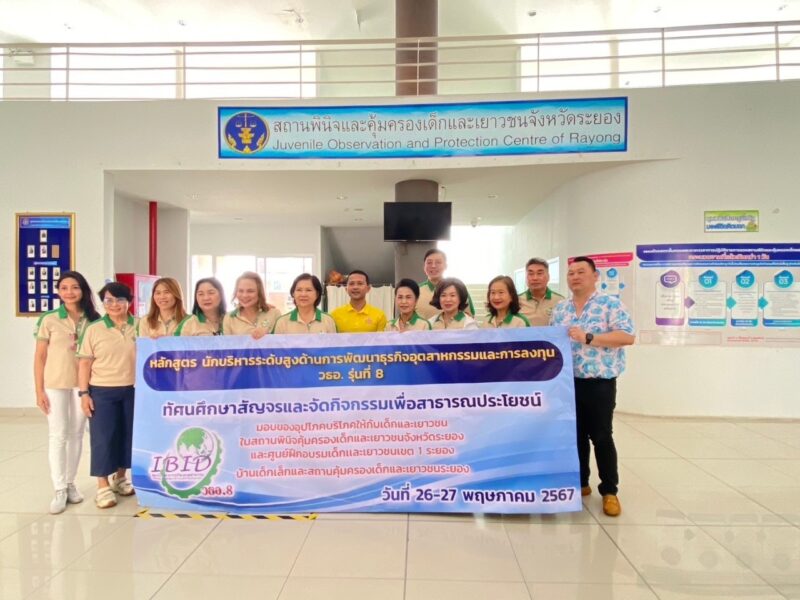
• As investors start to look for loan portfolio opportunities outside of the core European market, Asia is firmly on the investment radar
• Total official non-performing loan (NPL) numbers in the Asia Pacific region are currently in the vicinity of US$518bn
Over the last few years the global loan portfolio market has been geographically centered around Europe, but this is beginning to shift towards Asia as investors start to look for alternative loan portfolio opportunities. Official numbers suggest approximately US$518bn of NPLs on the balance sheet of Asian banks, however unofficial numbers suggest this is likely to be much higher. With the likely impact of further unofficial distress remaining within the system, NPLs are rising up on the regional agenda, according to new analysis from Deloitte.
Andrew Grimmett, Restructuring Services Leader at Deloitte Southeast Asia, explained that, “Foreign buyers have become increasingly active in Asia Pacific, particularly considering that until last year, the market had seen very little activity from foreign buyers since 2008. Southeast Asia is a key regional block that is showing some signs of NPL growth. However, each country presents different degrees of market maturity and challenges to stakeholders, especially legal regimes and servicing.”
“In Singapore, the banking system is resilient and banks have strong liquidity and capital buffers, but they should still remain alert. The banking system’s ratio of NPLs was 2% at the beginning of 2017, up from 1.6% the previous year and following a decade of low NPL ratios. Exposures to slowing regional economies and to the energy industry have contributed to the modest rise in NPLs, although most bank exposures are in regional economies other than Singapore,” Andrew continued.
As a result of increasing NPLs across the Asia Pacific region, financial institutions are beginning to explore options to improve their NPL volumes and capital ratios alongside enhanced portfolio management, given the upcoming implementation of IFRS 9. Having seen the success with which European banks have managed to dispose of and deleverage their non-performing and non-core assets over the past decade, Asian banks are beginning to assess whether this is a route they too could take.
IFRS 9
The ongoing implementation of regulatory, accounting and other initiatives developed in response to the global financial crisis will also contribute to an increase in Asian NPL stock with the introduction of IFRS 9 likely to play a leading role. In Europe, supervisors are relentlessly focusing on the quality of IFRS 9 implementation and on NPL stock resolution. Much depends on whether the Asian regulators will follow a similarly robust approach in the future.
Legal reforms continue
With the exception of some countries, the legal environment that enables asset recovery in Asia remains challenging. It is often characterised by delay, uncertainty and excessive cost. In several jurisdictions, such as Malaysia, India and Vietnam, reform appears to be imminent. All of this is positive for the ongoing development of individual NPL markets within the region.
Andrew Orr, Global Transactions Leader of Portfolio Lead Advisory Services at Deloitte UK, commented, “The last few years have seen loan sale activity primarily concentrated around Europe. While the NPL market in Europe will continue to be looking forward to 2018 and beyond, we are likely to see an influx of investors – and investment – pouring into Asia. A number of international investors have attempted to benefit from first‑mover advantage, acquiring small portfolios across the region in an attempt to familiarise themselves with legal and servicing frameworks. This has not only enabled investors to enhance their understanding of local markets, but also set up business to allow for the acquisition of further, bigger portfolios across the region as the market develops.
“Clearly there are challenges, such as legal frameworks and banks recognising the reality of their NPL situation, which must be overcome. However, regulatory changes and the introduction of IFRS 9 are likely to be key drivers in driving banks to clean up their balance sheets and address the scale of the NPL problem.”
For more analysis and details on the Deloitte Deleveraging Asia 2018 report, please visit Deloitte.com.
-END-
About Deloitte
Deloitte refers to one or more of Deloitte Touche Tohmatsu Limited, a UK private company limited by guarantee (“DTTL”), its network of member firms, and their related entities. DTTL and each of its member firms are legally separate and independent entities. DTTL (also referred to as “Deloitte Global”) does not provide services to clients. Please see www.deloitte.com/about to learn more about our global network of member firms.
Deloitte provides audit & assurance, consulting, financial advisory, risk advisory, tax & legal and related services to public and private clients spanning multiple industries. Deloitte serves four out of five Fortune Global 500® companies through a globally connected network of member firms in more than 150 countries and territories bringing world-class capabilities, insights, and high-quality service to address clients’ most complex business challenges. To learn more about how Deloitte’s approximately 264,000 professionals make an impact that matters, please connect with us on Facebook, LinkedIn, or Twitter.
About Deloitte Southeast Asia
Deloitte Southeast Asia Ltd – a member firm of Deloitte Touche Tohmatsu Limited comprising Deloitte practices operating in Brunei, Cambodia, Guam, Indonesia, Lao PDR, Malaysia, Myanmar, Philippines, Singapore, Thailand and Vietnam – was established to deliver measurable value to the particular demands of increasingly intra-regional and fast growing companies and enterprises.
Comprising approximately 330 partners and 8,000 professionals in 25 office locations, the subsidiaries and affiliates of Deloitte Southeast Asia Ltd combine their technical expertise and deep industry knowledge to deliver consistent high quality services to companies in the region.
All services are provided through the individual country practices, their subsidiaries and affiliates which are separate and independent legal entities.
© 2018 Deloitte Southeast Asia Ltd






